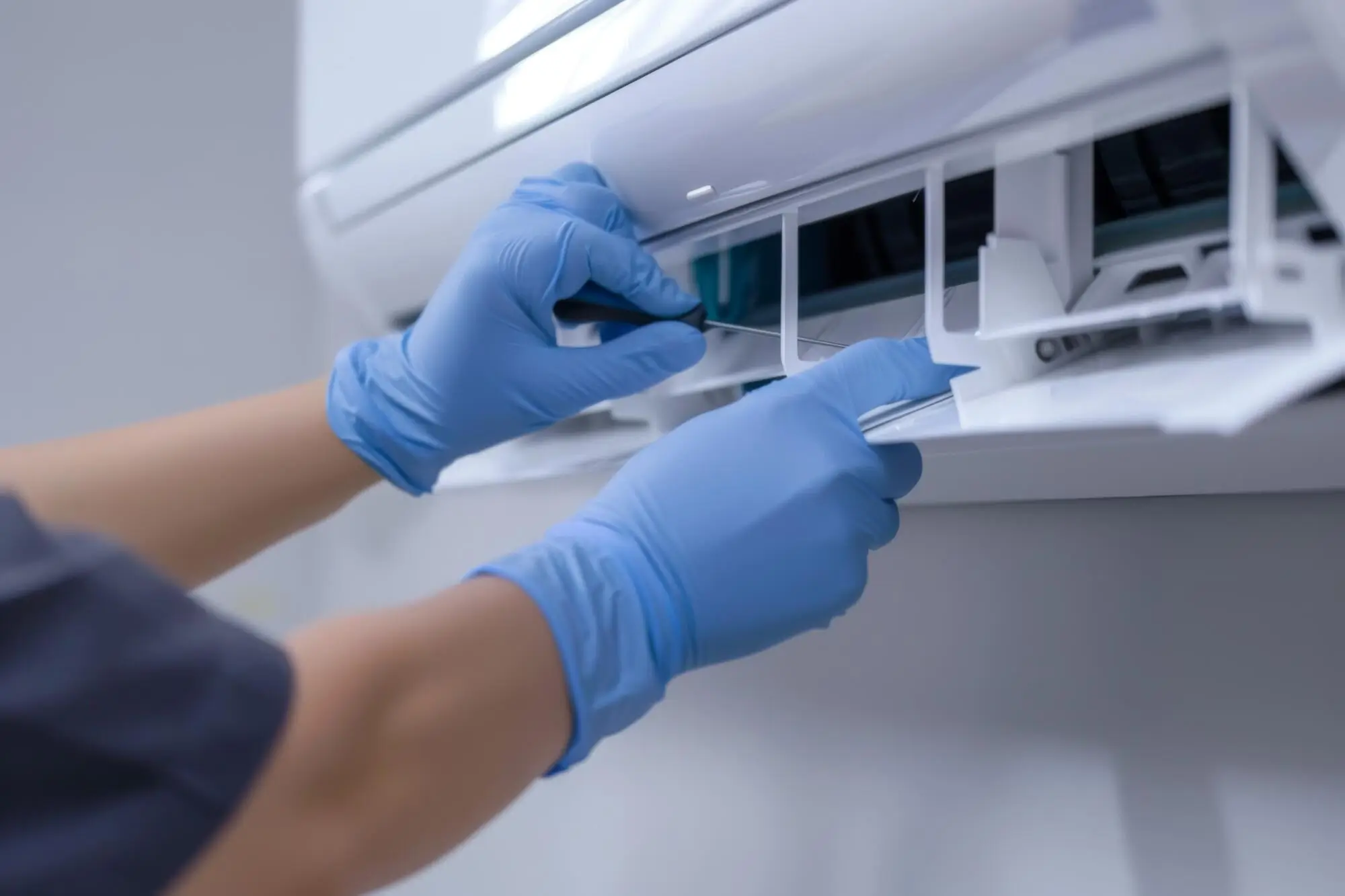As a property owner or manager in the fast-growing city of Denver, it's important to understand the intricacies of your property maintenance obligations. Many property managers often face challenges with managing maintenance requests, leading to inefficiencies that can impact tenant satisfaction and overall property value.
Timely responses to maintenance requests can increase tenant retention rates significantly and preserve your investment. If you're wondering how to enhance your property maintenance coordination in the Denver, Colorado area, you're in the right place.
Understanding Maintenance Coordination
Maintenance coordination is one of the core property management tasks and is also a landlord's legal responsibility. It encompasses various duties aimed at ensuring residential and commercial properties remain in excellent condition.
This process involves responding to tenant requests promptly as well as planning and upholding a regular maintenance schedule. Here are some key maintenance management responsibilities:
- Timely Response: Promptly addressing maintenance requests prevents them from escalating into larger repair issues.
- Regular Inspections: Conducting frequent check-ups helps identify potential problems before they require significant repairs.
- Vendor Management: Building relationships with reliable contractors can streamline the maintenance process.
- Budgeting: Allocating funds for maintenance in advance ensures you can cover necessary expenses without surprise costs.
By focusing on these areas, property managers can enhance overall tenant satisfaction, leading to a positive reputation in the competitive Denver rental market.
Best Practices for Property Managers
In the realm of full-service property management in the Denver, Colorado, area, staying organized is key. Utilizing property management software can assist in tracking maintenance requests, scheduling inspections, and managing vendor relationships effectively.
This can free up time for property managers and landlords to focus on other operational aspects or facility management roles.
Additionally, implementing a communication protocol with tenants is crucial. Providing a clear line of communication fosters trust and ensures everyone is on the same page.
Tenants should know how to submit maintenance requests and understand response timelines. Furthermore, educating tenants on basic maintenance tasks, such as changing air filters or checking smoke alarms, can empower them to handle minor issues, contributing to a smoother overall experience.
Emphasizing Preventive Maintenance
One often overlooked aspect of maintenance coordination is preventive care. Rather than waiting for issues to arise, implementing a preventive maintenance strategy can save time and money over the long haul.
This may involve seasonal checks and regular property upkeep duties involving essential systems, like:
- HVAC equipment
- Plumbing systems
- Electrical components
By utilizing a proactive approach, property managers can reduce the number of emergency calls and unexpected costs. Treating maintenance as a priority rather than a reactive duty can lead to smoother operations.
Elevate Your Property Management Game
Understanding and coordinating maintenance schedules is vital for anyone involved with investment properties in the Denver, Colorado area. Property managers can greatly improve tenant satisfaction and property performance by focusing on:
- Timely responses
- Preventive strategies
- Strong communication
If you're looking for expert assistance with maintenance coordination and property management services in Denver, PMI Aspire can help. Our experienced team has been serving the community for years by ensuring properties are well-maintained and tenants are happy.
Let us help you elevate your property management game today!


